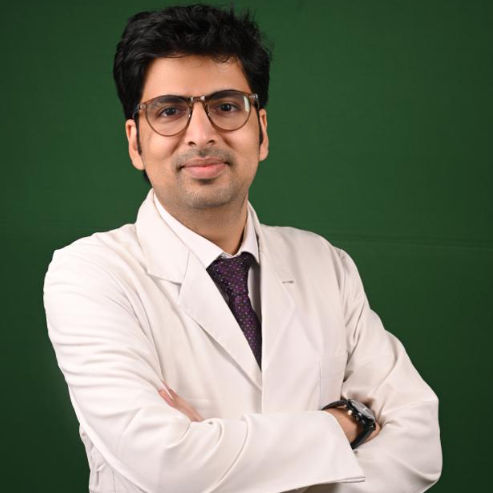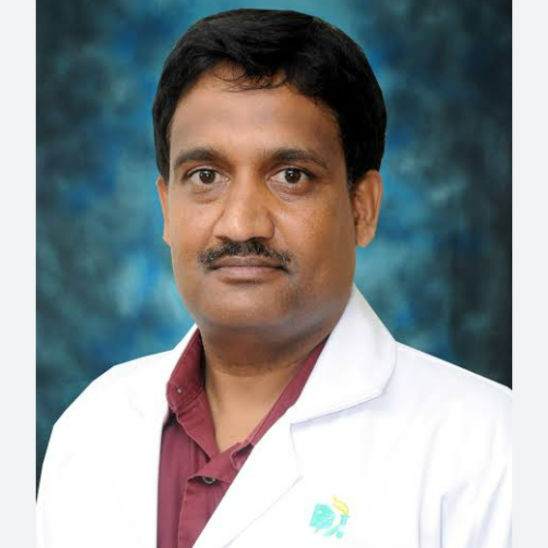Molluscum Contagiosum Overview and Management
Learn about Molluscum Contagiosum, a common skin infection. Discover its symptoms, how it spreads, and a range of effective management and treatment options.


Molluscum contagiosum is a common, harmless skin infection caused by a virus. While it is not dangerous, it can be bothersome and sometimes embarrassing due to its appearance. If you or your child has developed small, raised bumps on the skin, this guide will help you understand what molluscum contagiosum is, how to recognize it, and what you can do to manage it effectively.
What is Molluscum Contagiosum?
Molluscum contagiosum is a viral skin infection that causes small, round, fleshcolored, or pearly bumps with a dimple in the center. These bumps are usually painless but can sometimes itch or become irritated. The infection is caused by the molluscum contagiosum virus (MCV), which belongs to the poxvirus family.
This condition is most common in:
- Children (especially between ages 110)
- Adults with weakened immune systems
- Athletes who have skintoskin contact (e.g., wrestlers)
- People with eczema, as their skin barrier is more vulnerable
Consult a Dermatologist for Personalised Advice
How Does Molluscum Spread?
The virus spreads easily through:
- Direct skintoskin contact (e.g., playing, wrestling, or sexual contact in adults)
- Sharing personal items (towels, clothing, toys)
- Scratching or rubbing the bumps, which can spread the virus to other body parts
- It is not spread through coughing or sneezing.
Signs and Symptoms
The main symptom is the appearance of small, domeshaped bumps that:
- Are fleshcolored, pink, or white
- Have a small indentation (dimple) in the center
- Range in size from a pinhead to a pencil eraser (25mm)
- May appear alone or in clusters (usually 1020 bumps)
- Commonly appear on the face, neck, arms, hands, and torso (in children) or genital area (in adults, if sexually transmitted)
The bumps are usually painless but may become red, swollen, or itchy if scratched or infected.
How Long Does Molluscum Last?
In most healthy individuals, molluscum contagiosum goes away on its own within 6-12 months, though some cases may take up to 4 years. The immune system eventually fights off the virus, and the bumps disappear without scarring.
However, people with weakened immune systems (such as those with HIV or undergoing chemotherapy) may have a more prolonged or severe infection.
How is Molluscum Diagnosed?
Doctors can usually diagnose molluscum contagiosum just by looking at the bumps. In rare cases, a skin biopsy may be taken to confirm the diagnosis.
If you notice unusual bumps on your skin or your child’s skin, it’s best to consult a dermatologist for proper evaluation.
Treatment Options
Since molluscum contagiosum often resolves on its own, treatment may not always be necessary. However, if the bumps are widespread, bothersome, or spreading quickly, your doctor may recommend:
1. Medical Treatments
- Cryotherapy (Freezing): Liquid nitrogen is applied to freeze and remove the bumps.
- Curettage: A small tool is used to scrape off the bumps.
- Topical Medications: Creams or solutions (like imiquimod, cantharidin, or tretinoin) help stimulate the immune system or dissolve the bumps.
- Laser Therapy: Used in stubborn cases to destroy the bumps.
2. Home Care & Prevention
To prevent spreading the virus and speed up healing:
- Avoid scratching or picking the bumps to prevent spreading.
- Keep the area clean and dry.
- Cover the bumps with a bandage if they are exposed (e.g., in swimming pools or gyms).
- Do not share towels, clothing, or razors.
- Wash hands frequently, especially after touching the bumps.
- Boost immunity with a healthy diet (rich in vitamins A, C, and zinc) to help the body fight the virus faster.
When to See a Doctor?
Consult a dermatologist if:
- The bumps are painful, red, or oozing (signs of infection).
- They appear near the eyes, mouth, or genitals.
- You have a weakened immune system.
- The bumps persist beyond a year or keep spreading.
Myths vs. Facts
Here are some myths about this disease:
- Myth: Molluscum contagiosum is a sign of poor hygiene.
- Fact: It is caused by a virus and can affect anyone, regardless of cleanliness.
- Myth: Scratching the bumps will make them go away faster.
- Fact: Scratching spreads the virus to other parts of the body.
- Myth: Only children get molluscum.
- Fact: Adults can get it too, especially through skin contact or sexual transmission.
Consult a Dermatologist for Personalised Advice
Final Thoughts
Molluscum contagiosum is a common and harmless skin condition that usually clears up on its own. While it can be frustrating, especially for parents of young children, practicing good hygiene and avoiding scratching can help prevent its spread. If the bumps are bothersome or persistent, consult a dermatologist for safe and effective treatment options.
Need Help?
If you or your child has molluscum contagiosum and needs expert advice, you can book a consultation with a dermatologist through Apollo 24|7. Early diagnosis and proper care can help manage the condition effectively.
Stay patient, stay informed, and take care of your skin!
Consult a Dermatologist for Personalised Advice
Dr. Mayuri Jain
Dermatologist
11 Years • MBBS, MD Dermatology , Venereology & Leprosy
Delhi
Dr Mayuri Jain Clinic, Delhi
Dr. Paulomi Vartak
Dermatologist
2 Years • MBBS, MD (DERMATOLOGY,VENEREOLOGY AND LEPROSY)
Pune
Pramodini Urology Foundation and stree clinic, Pune
Dr. Kavitha Killaparthy
Dermatologist
23 Years • MBBS,DIPLOMA(DERMATOLOGY,VENEREOLOGY,LEPROSY)
Hyderabad
JDS Skin & Hair Clinic, Hyderabad

Dr Ekansh Shekhar
Dermatologist
10 Years • MBBS MD
Lucknow
Apollo Clinic Hazratganj, Lucknow

Dr. H R Yogeesh
Dermatologist
20 Years • MBBS, MD (Dermatology, Venereology & Leprosy)
Bengaluru
Akshata skin and hair care, Bengaluru
Consult a Dermatologist for Personalised Advice
Dr. Mayuri Jain
Dermatologist
11 Years • MBBS, MD Dermatology , Venereology & Leprosy
Delhi
Dr Mayuri Jain Clinic, Delhi
Dr. Paulomi Vartak
Dermatologist
2 Years • MBBS, MD (DERMATOLOGY,VENEREOLOGY AND LEPROSY)
Pune
Pramodini Urology Foundation and stree clinic, Pune
Dr. Kavitha Killaparthy
Dermatologist
23 Years • MBBS,DIPLOMA(DERMATOLOGY,VENEREOLOGY,LEPROSY)
Hyderabad
JDS Skin & Hair Clinic, Hyderabad

Dr Ekansh Shekhar
Dermatologist
10 Years • MBBS MD
Lucknow
Apollo Clinic Hazratganj, Lucknow

Dr. H R Yogeesh
Dermatologist
20 Years • MBBS, MD (Dermatology, Venereology & Leprosy)
Bengaluru
Akshata skin and hair care, Bengaluru